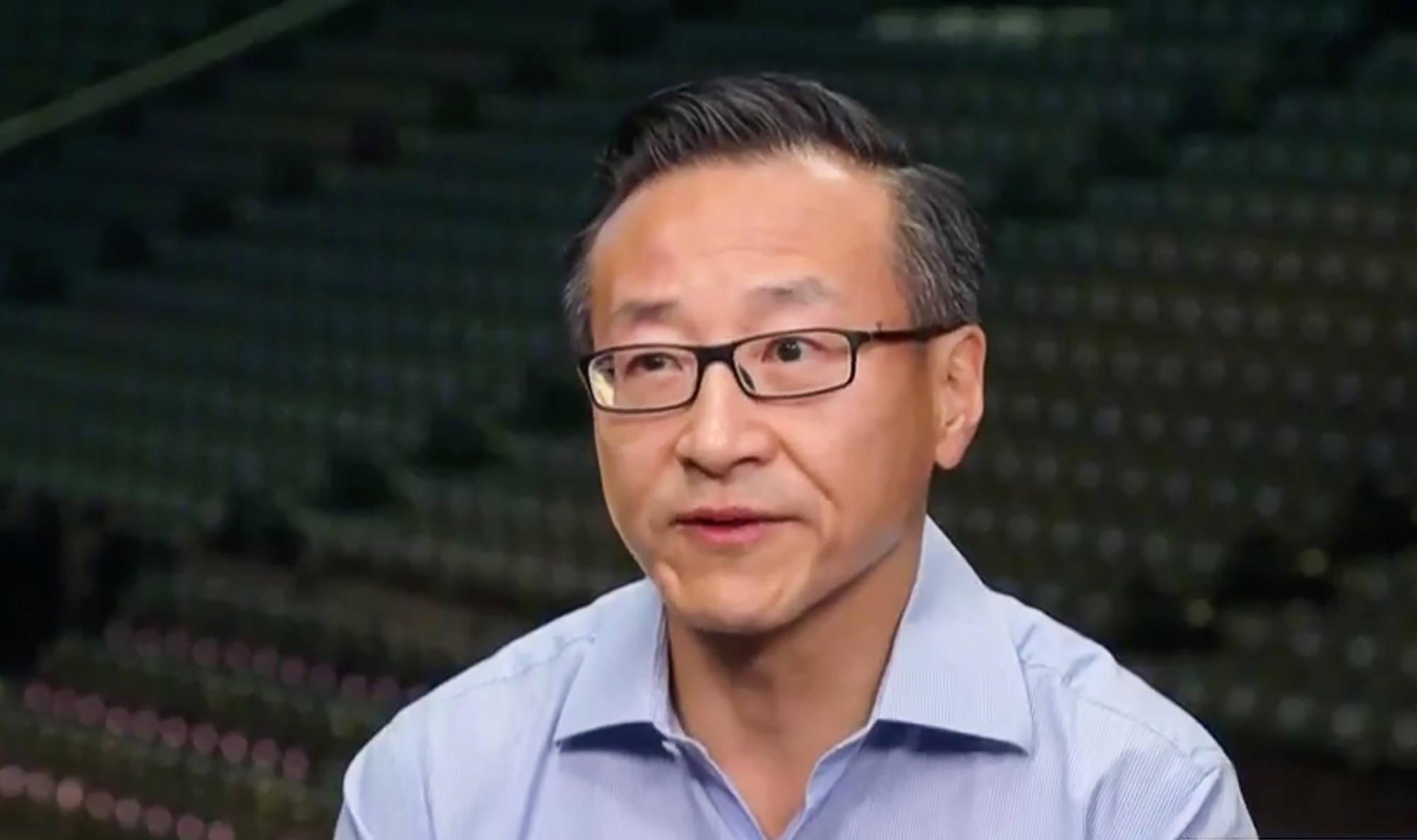
FTX’s Hong Kong backers include Blue Pool Capital, Chuang’s China Capital, Ausvic, Pulsar court filing reveals
- Blue Pool, which manages the personal wealth of Alibaba co-founder Joseph Tsai, took positions in FTX in two fundraising rounds, filing reveals
- The fund took 57,233 and 111,636 shares in two rounds of funding, respectively, with the value of the investments unknown
Blue Pool, which manages the personal wealth of Tsai, took equity positions in FTX in two fundraising rounds, including FTX Trading’s Series B-1 in October 2021 and FTX US’s Series A round in January 2022, a court filing published on January 9 shows. Alibaba owns the South China Morning Post.
The fund took 57,233 and 111,636 shares in the two rounds, respectively, with the value of the investments unknown. Blue Pool Capital was not among the leading investors in the rounds, which were led by big name venture-capital firms such as Sequoia Capital, Singapore’s state-owned Temasek and cryptocurrency-focused Paradigm. In the October 2021 round, for instance, lead investor Sequoia Capital took 572,355 shares.
Blue Pool did not immediately respond to a request for comment. Tsai is the chairman of South China Morning Post Publishers Limited, which publishes the Post.

FTX’s Hong Kong-based backers also include Chuang’s China Capital, Ausvic Capital and Pulsar Trading Capital, according to the court filing. The firms did not immediately respond to the Post’s requests for comment.
The newly published list of FTX backers, however, shows that institutions in Hong Kong, a city that recently pledged to become a virtual-asset hub, are not as unscathed as regulators made them out to be.
Failed crypto giant FTX has recovered over US$5 billion: lawyer
The firm invested in Hong Kong-based blockchain gaming company Animoca Brands in July 2021, and its subsidiary The Sandbox in November 2021. It is also a backer of the blockchain Polygon.
Growing regulation a bright spot in cryptocurrency’s torrid year
In December 2021, Tsai famously expressed his explicit support for the sector in a tweet that said “I like cryptocurrency”, which Binance founder Changpeng Zhao retweeted, adding “I like Joe”.

